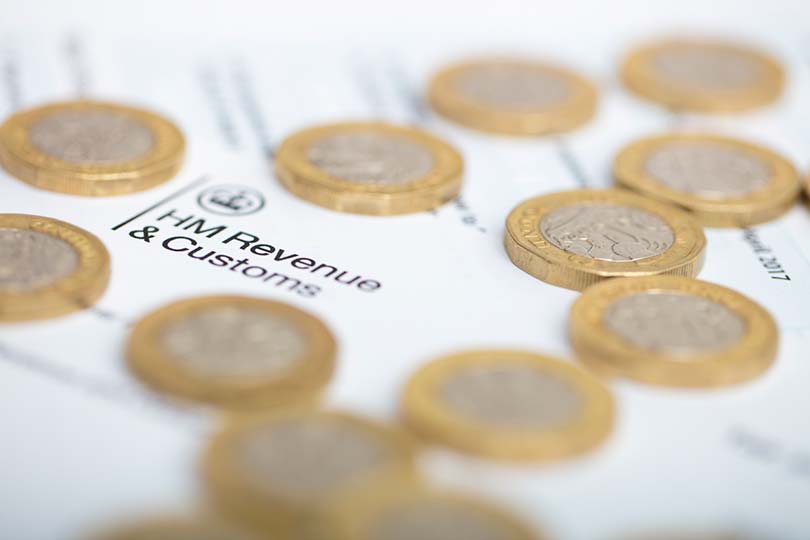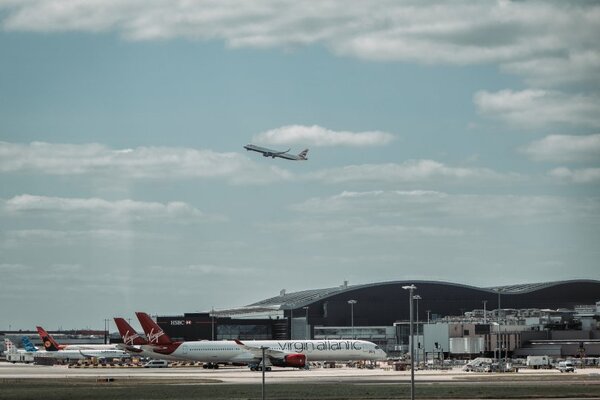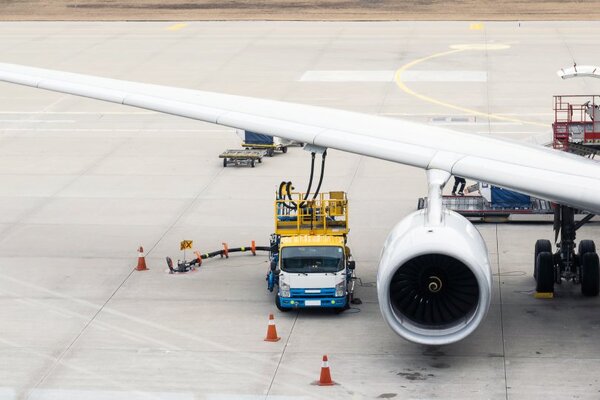How to maximise VAT savings during the Covid-19 crisis
Cash is king at times of crisis; and with the initial shockwaves from the ongoing coronavirus pandemic still causing consternation across the travel sector, having cash in your accounts rather than having to claw it back is proving a prudent consideration.
So TTG asked VAT specialist Laura Chipp, director of Vatnav, to explore some of the key factors around VAT and tax when cash is tight, and what remedies and reliefs are available to travel businesses.
"It is always important for businesses to ensure their VAT position is optimal, but never more so than at this time," said Chipp.
"The ideas below are to help businesses in the travel industry maximise their VAT savings, and ensure an optimal cash flow position."
1. You can defer VAT payments due by 30 June
VAT payments due between 20 March and 30 June can be deferred. Businesses will have until 31 March 2021 to settle liabilities from this period, giving a useful cash flow benefit.
For most businesses, the deferment applies to either the February, March or April 2020 VAT return. This deferment is automatic (there is no need to apply for it).
However, direct debits will not be cancelled automatically by HMRC so for businesses who do pay by direct debit, I would advise that these are cancelled as soon as possible, and definitely before you submit your VAT return.
HMRC will not charge interest or penalties for these deferred payments. VAT returns are still expected to be submitted by the same deadline as usual so please get these in to avoid any late filing penalties.
2. Utilise cash accounting to preserve cash flow
Many businesses pay VAT based on the date of the invoice because this usually predates payment and is issued shortly after the service takes place. This sometimes means that businesses pay over the VAT to HMRC before receiving payment from customers.
Under the cash accounting scheme, VAT is only paid to HMRC once the cash has been received from customers, making this scheme a useful cash flow tool. Businesses with annual turnover of less than £1.35 million can apply to use this scheme.
If this is something which may be useful for you, my advice would be to apply for this for use in periods after the above VAT payment deferment to really maximise cash flow over this time.
3. Submit VAT repayment returns as soon as possible
Many travel businesses can be in a regular VAT repayment position, meaning input VAT to be recovered on purchases exceeds output VAT payable on sales (for example, those receiving commissions from non-UK businesses only).
Others may have repayment returns temporarily due to low sales. VAT repayment returns should be submitted as soon as possible to ensure prompt repayment. The return can be submitted from the first day following the end of the quarter – for example, a return for the period ending 31 March can be submitted on 1 April if the information is ready.
Those who are in a repayment position permanently, or regularly for a long time to come, may also wish to consider submitting monthly VAT returns to ensure repayments are received as soon as possible. These can be applied for via HMRC’s VAT484 form.
4. Pursue backdated VAT refunds
Where businesses have reviewed their VAT position for some time, there may be opportunities for backdated VAT refunds. Common areas in the travel industry include overpaying VAT on commission payments; services sold under the Tour Operators Margin Scheme (Toms); cancellations; and wholesale travel packages.
I have set out some detail on the first two of these below.
Where VAT has been overpaid in the past, businesses can apply to HMRC for a repayment of this VAT going back up to four years. I would advise anyone who feels they may be sitting on repayment opportunities to explore these.
Businesses which may not know whether there are backdated opportunities available to them may wish to obtain a VAT review or healthcheck to confirm.
5. You may have overpaid VAT on commissions
Many travel agents earn fees or commissions for their services. These are normally only subject to UK VAT at the standard rate if:
- They are charged to a business located in the UK for arranging services other than zero-rated flights or other zero-rated transport provided directly by the business operating the transport;
- They are charged to a non-business customer (e.g. fees charged to the traveller themselves) and the travel service itself takes place in the UK and is something other than zero-rated transport. For example, you charge a fee to an individual for arranging a UK hotel.
This means commissions and fees are often not subject to UK VAT. Some businesses have treated all commissions as standard rated without reviewing these factors. If this may be the case for you, this could mean past overpayments and a refund opportunity.
6. Double check all your Toms calculations
The Toms rules apply where businesses buy and sell travel services in their own name. VAT is payable on the EU proportion of the profit margin. Many travel businesses use Toms for some or all services, and the Toms calculations are often complex and can be misunderstood.
I see many VAT overpayments due to miscalculations, including:
- Not deducting cancellations, compensations and insurance from Toms turnover;
- Not including cancelation costs, additional costs (such as upgrades and supporting costs) and some forex losses in TOMS costs;
- Misapportioning the EU and non EU margin (for example, locations such as the Canary Islands, Turkey, Iceland and Switzerland are all non-EU countries for Toms purposes);
- Calculation methodologies which are outdated and/or include incorrect formulas.
These examples are the most common but there will be more, specific to each business’ own circumstances. For businesses using Toms, there are always way of optimising it and this may include ensuring past overpayments are refunded.
Have you have troubles, or successes, with your VAT affairs in recent weeks? TTG’s Coronavirus Business Support Service may be able to assist. Visit our Coronavirus Business Support Forum to contact one of our experts if you have any further questions.
















